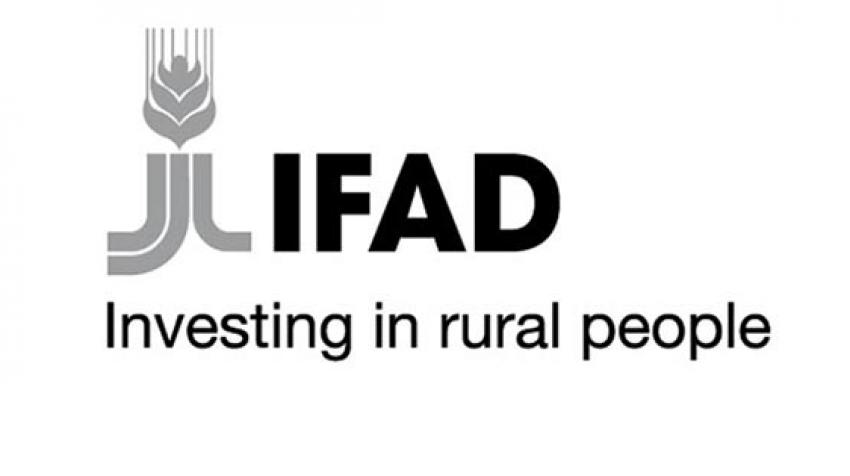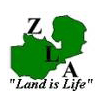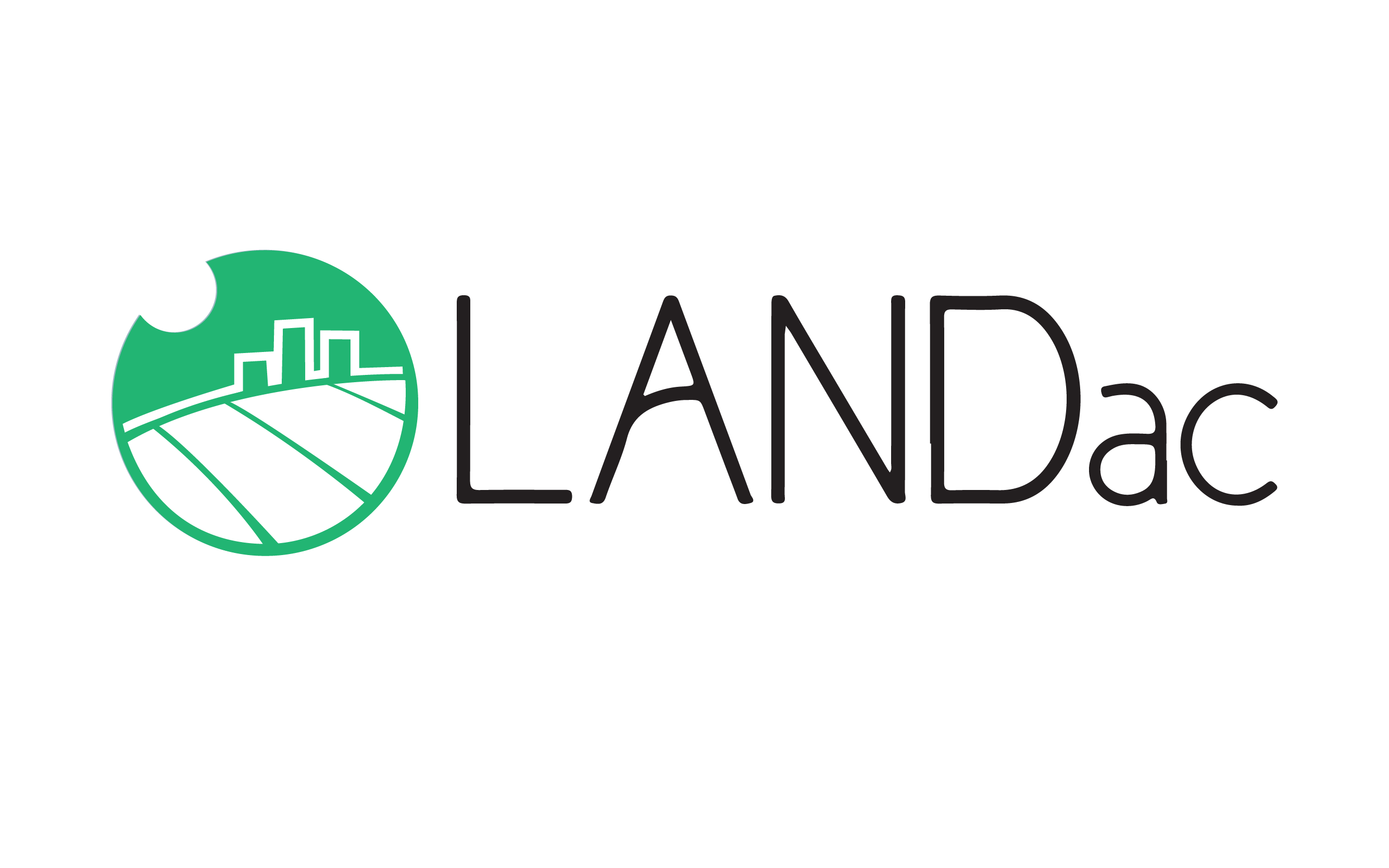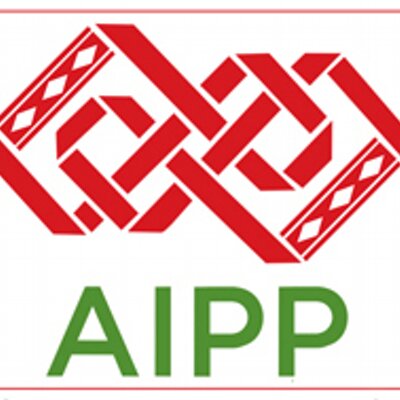International Fund for Agricultural Development
The International Fund for Agricultural Development (IFAD), a specialized agency of the United Nations, was established as an international financial institution in 1977 as one of the major outcomes of the 1974 World Food Conference. The Conference was organized in response to the food crises of the early 1970s that primarily affected the Sahelian countries of Africa. The conference resolved that "an International Fund for Agricultural Development should be established immediately to finance agricultural development projects primarily for food production in the developing countries".
International Work Group for Indigenous Affairs (IWGIA)
Zambia Land Alliance
LANDac
LANDac, the Netherlands Academie on Land Governance for Equitable and Sustainable Development, is a partnership between Dutch organizations working on land governance. The partners are the International Development Studies (IDS) group at Utrecht University (leading partner), African Studies Centre, Agriterra, the Sociology of Development and Change (SDC) group at Wageningen University, the Land Portal Foundation, HIVOS, the Royal Tropical Institute (KIT), the Netherlands Ministry of Foreign Affairs, and Enclude Solutions.
Asia Indigenous Peoples Pact
The Asia Indigenous Peoples Pact (AIPP) is a regional organization founded in 1988 by indigenous peoples' movements. AIPP is committed to the cause of promoting and defending indigenous peoples' rights and human rights and articulating issues of relevance to indigenous peoples. At present, AIPP has 47 members from 14 countries in Asia with 14 National Formations, 15 Sub-national Formations and 18 Local Formations. Of this number, 6 are Indigenous Women's Organizations and 4 are Indigenous Youth Organizations.
Our Vision
Co-op Culture
Localising the Economy through Sustainable Co-operative Enterprise
Co-op Culture is a co-operative consortium of co-operative and community advisors, entrepreneurs and enterprises. Our members and associates have a vast and varied experience of supporting co-operative, community and social enterprise to start and grow.
We deliver the following support and services:
- Feasibility studies and market planning.
- Business Planning.
- Financial planning.
Amerindian Peoples’ Association
The Amerindian Peoples Association (APA) is a non-governmental Indigenous Peoples organisation in Guyana. It is primarily an advocacy organisation that seeks to promote and defend the rights of the Indigenous Peoples of Guyana.
Membership of the APA is made up of Units throughout the country, currently amounting to close to eighty such units. The Association is led by an Executive Committee comprising the President, Vice-President, Secretary, Treasurer, Assistant Secretary/Treasurer, thirteen regional representatives, a women’s representative and a youth representative.
Special Rapporteur on the rights of indigenous peoples
Indigenous peoples across the world experience the consequences of historical colonization and invasion of their territories, and face discrimination because of their distinct cultures, identities and ways of life. In recent decades, the international community has given special attention to the human rights situations of indigenous peoples, as shown by the adoption of international standards and guidelines, as well as by the establishment of institutions and bodies that specifically target these peoples’ concerns.
Forest Peoples Land Rights Network (LandNet)
Officially formed in April 2013, The Forest Peoples Land Rights Network (LandNet) is a ‘member network established under the principles of volunteerism, democracy, cooperation and unification in order to manage and utilize efficiently land and forestry resources for self-sustaining livelihoods’. LandNet is a highly participatory bottom-up network originating from the grassroots work facilitated by CIRUM and its Alliance partners over the last two decades.
Indaba Agricultural Policy Research Institute
Established in October 2011, the Indaba Agricultural Policy Research Institute (IAPRI) is a non-profit Zambian company limited by guarantee which collaboratively works with public and private stakeholders in the agricultural sector. IAPRI is led by a local Board of Directors drawn from various state and private sector stakeholders.
Our Vision: To be the Centre of Excellence for Agricultural Policy Research and Outreach in Zambia.












